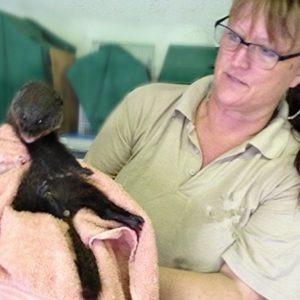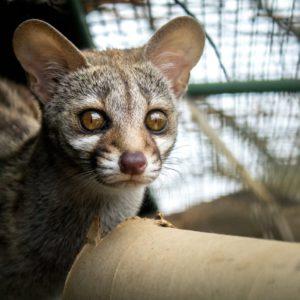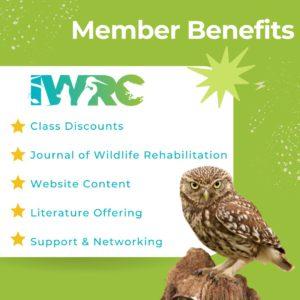Michelle Watson CWR
Tell us a little about yourself:
After working for nearly 16 years in the field of wildlife rehabilitation, I have been offered the opportunity to establish my own center under the banner of the Kogelberg Biosphere in this stunning part of the Western Cape. My dream has always been to run a training hospital similar to the Wildlife Centre of Virginia, where rehabbers and wildlife vets can gain experience and qualify as Certified Wildlife Rehabilitators with the IWRC. Thankfully, the local municipality recognizes the need for a center in this area and has provided us with a large house located alongside the nature reserve. We will have to start small, of course, but hopefully, with the right support and partners, this dream can become a reality.
Tell us about your experience as a wildlife professional:
I began volunteering at Free Me Wildlife Rescue Centre in Johannesburg back in 2007. Since then, I have completed all of the IWRC courses offered, as well as many other certificates in wildlife rehabilitation. Over the years, I have worked with nearly 300 different species of indigenous birds, mammals, and reptiles, including some highly endangered species such as pangolins, and have raised countless baby mammals. As a wildlife rehabilitator, I understand the value of proper training and education, and my life has now led me in that direction. I now teach others the principles and protocols of good rehab practice and also conduct workshops to educate vets about admitting wild patients to their facilities.
What brought you into wildlife rehabilitation work?
I became involved in wildlife rehabilitation due to my desire to reduce my carbon footprint on this planet and to hopefully rectify some of humanity’s wrongs. Every patient that ends up in rescue is there because of human actions – being hit by cars, caught by our pets, or affected by urbanization. By saving those I can and preventing the suffering of those I cannot save, I hope to soften the blow humans have on our wild neighbors.
What wildlife species do you rehabilitate?
Currently, I deal with all indigenous urban wildlife found in the Western Cape. This includes Blue Cranes, various raptors, porcupines, caracal, smaller mammals, and occasionally marine species. Recently, I had a Cape Dune mole, which was a first for me. The Western Cape is home to some very unique species of fauna as well as flora.
What is your fondest wildlife rehabilitation memory?
Walking in the thick African bush alongside a feeding pangolin has to be one of my most precious memories. But since then, I must say that the people who are supporting my dream right now are creating very special memories for me as we work together to get this new center off the ground.
What challenges have you faced in your wildlife rehabilitation work?
Of course, the biggest challenge for any new facility starting out is finding the funding for all the equipment, supplies, and staff we need. We are very blessed to have the support of some amazing organizations such as the WWF, but we still have a long way to go before we can open our doors. We need financial partners at this point to help get the building up to the standard of a wildlife hospital.
Has the IWRC aided in your journey as a wildlife rehabilitation? If so, can you explain how or give an example?
Without the IWRC, I would not be in the position I am today. The courses, classes, and support from the IWRC are what have brought this dream to its current stage. Because of my qualification as a Certified Wildlife Rehabilitator, I have been able to guide other people in their journey to become certified. A couple of my students have become Certified Wildlife Rehabilitators as well. I believe that continued education is vital in this field and hope that I can help others gain valuable knowledge required for this work.
What common misconception about wildlife rehabilitation would you like to dispel?
That wildlife rehabilitation is something you can do in your backyard, in your spare time! Rehabilitation is a career that requires education, training, experience and your full time dedication.
What local, national, or international policy would you like to see that would support wildlife rehabilitation?
Locally, I would love to see our government support any kind of rescue organization… but that is a pipe dream.
What do you hope for the future of wildlife rehabilitation?
I hope that in the future, wildlife rehabilitation will be recognized by our local education department as a career choice for school leavers, and that they will provide a recognized diploma in the field.
What message would you like to share with other IWRC members and wildlife rehabilitators across the world?
Networking with other rehabilitators is crucial. Getting the correct training in ethical rehabilitation practices and protocols is vital. Share your knowledge and help others to improve their skills. That way the field of rehab will improve for all and will ultimately benefit the animals we are trying to save.
Come soak up the South African sun and lifestyle. I hope you can come visit me!
Are you passionate about wildlife conservation and rehabilitation? Consider becoming a member of the International Wildlife Rehabilitation Council (IWRC):
https://theiwrc.org/product-category/membership/
As a member of the IWRC, you’ll have access to a wealth of resources and support!




Leave a Reply
You must be logged in to post a comment.